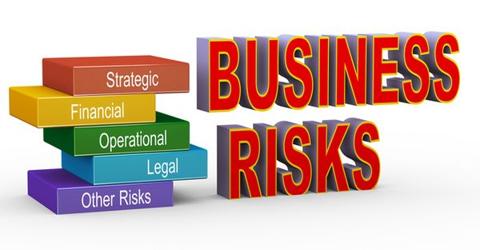Business Risks
The term ‘business risks’ refers to the possibility of inadequate profits or even losses due to uncertainties or unexpected events. Business risk is influenced by numerous factors, including sales volume, per-unit price, input costs, competition, the overall economic climate and government regulations.
For example, demand for a particular product may decline due to change in tastes and preferences of consumers or due to increased competition from other producers. Decrease in demand will result in lesser sales and profits. In another situation, the shortage of raw materials in the market may shoot up its price. The firm using these raw materials will have to pay more for buying them. As a result, cost of production may increase which, in turn, may reduce profits.
Business enterprises constantly face two types of risk: speculative and pure.
Speculative risks involve both the possibility of gain as well as the possibility of loss. Speculative risks arise due to changes in market conditions including fluctuations in demand and supply, changes in prices or changes in fashion and tastes of customers. Pure risks involve only the possibility of loss or no loss. The chance of fire, theft or strike are examples of pure risks. Their occurrence may result in loss whereas non-occurrence may explain absence of loss, instead of gain.














